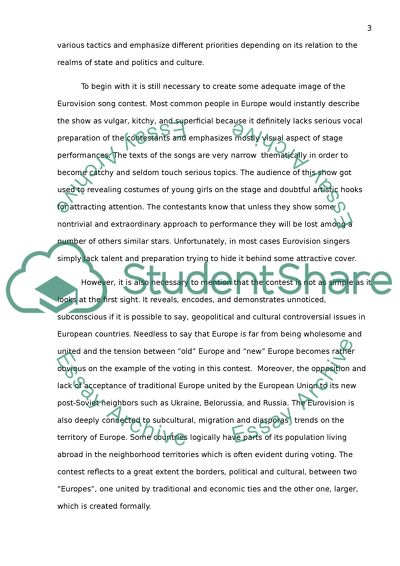Cite this document
(“KEY DEBATES IN MEDIA STUDIES Essay Example | Topics and Well Written Essays - 2000 words”, n.d.)
KEY DEBATES IN MEDIA STUDIES Essay Example | Topics and Well Written Essays - 2000 words. Retrieved from https://studentshare.org/journalism-communication/1684068-key-debates-in-media-studies
KEY DEBATES IN MEDIA STUDIES Essay Example | Topics and Well Written Essays - 2000 words. Retrieved from https://studentshare.org/journalism-communication/1684068-key-debates-in-media-studies
(KEY DEBATES IN MEDIA STUDIES Essay Example | Topics and Well Written Essays - 2000 Words)
KEY DEBATES IN MEDIA STUDIES Essay Example | Topics and Well Written Essays - 2000 Words. https://studentshare.org/journalism-communication/1684068-key-debates-in-media-studies.
KEY DEBATES IN MEDIA STUDIES Essay Example | Topics and Well Written Essays - 2000 Words. https://studentshare.org/journalism-communication/1684068-key-debates-in-media-studies.
“KEY DEBATES IN MEDIA STUDIES Essay Example | Topics and Well Written Essays - 2000 Words”, n.d. https://studentshare.org/journalism-communication/1684068-key-debates-in-media-studies.


